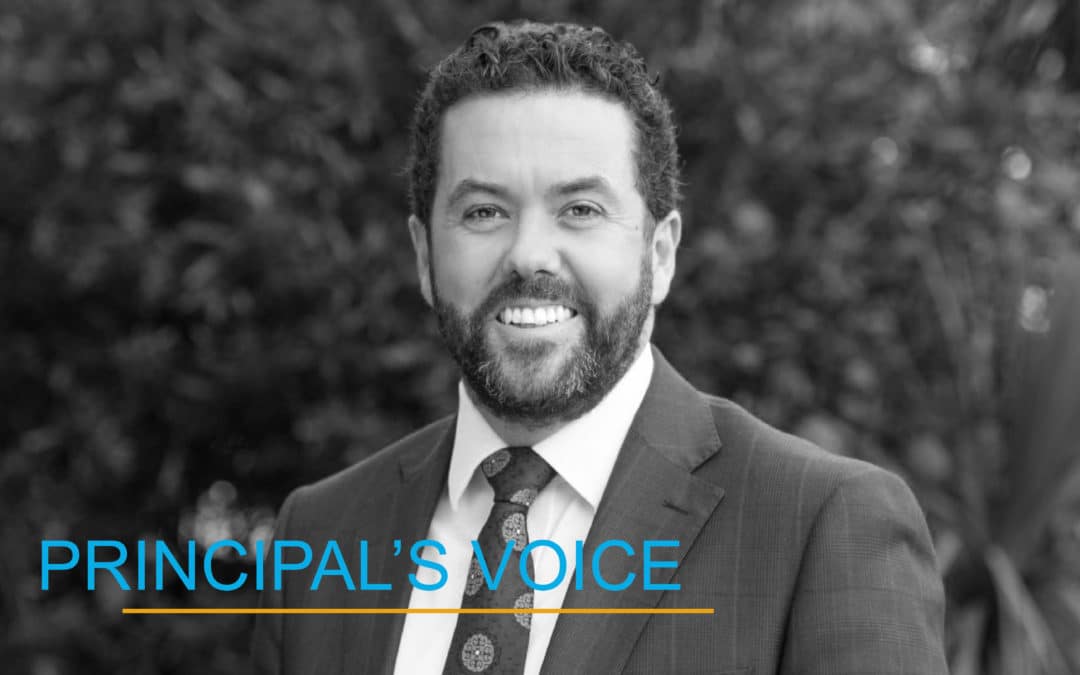“But let justice roll on like a river, righteousness like a never-failing stream!”
– Amos 5:24
Sometimes our words are not enough. They do not or cannot adequately capture what we are thinking. The world escapes or defies our words. When this happens to me, I look to the words of others to do for me what I cannot do for myself. The words of others often make more sense than my own, so I defer to them. In the same way, music often expresses what I feel in a way that I could not. When this is the case, I think what we seek is resonance – even if we can’t adequately express how we might feel or think, there are others who feel or think as we do, and who can speak or play in our place. Here is some thinking of others that resonates with me.
On Doing Good
“Let us not become weary in doing good, for at the proper time we will reap a harvest if we do not give up. Therefore, as we have opportunity, let us do good to all people.” – Galatians 6:9-10
On Progress
“Progress is never permanent, will always be threatened, must be redoubled, restated and reimagined if it is to survive.” – Zadie Smith
On Success
“These three things lead to positive non-linear results: clarity, focus, and time. Simple but not easy.” – Shane Parrish
On Stress
“Stress is what arises when something you care about is at stake. This definition is big enough to hold both the frustration over traffic and the grief over a loss. It includes your thoughts, emotions, and physical reactions … as well as how you choose to cope with situations you would describe as stressful … Stress and meaning are inextricably linked. You don’t stress out about things you don’t care about, and you can’t create a meaningful life without caring and therefore experiencing some stress.” – Kelly McGonigal
On Listening
“I talk about the difference between listening to win, listening to fix, and listening to learn … often our purpose is to win, to convince the person of something, that they don’t need to be so sad or they don’t need to be so anxious or it’s not really that bad. I call that listening to win. Then there’s ‘Have you tried this? Have you tried that? What about doing it this way?’ It’s listening to fix. And then we have listening to learn. To listen to learn, I have to realise that I don’t have the solution here and that I can’t make this go away. Instead, listening to learn leads us to ask how can I know you better? How can I understand the world that you live? How can I understand the problem that you face in some deeper way? This is a life-giving practice. It’s more difficult but it’s more necessary.” – Jennifer Garvey Berger
Tim Watson
Principal





